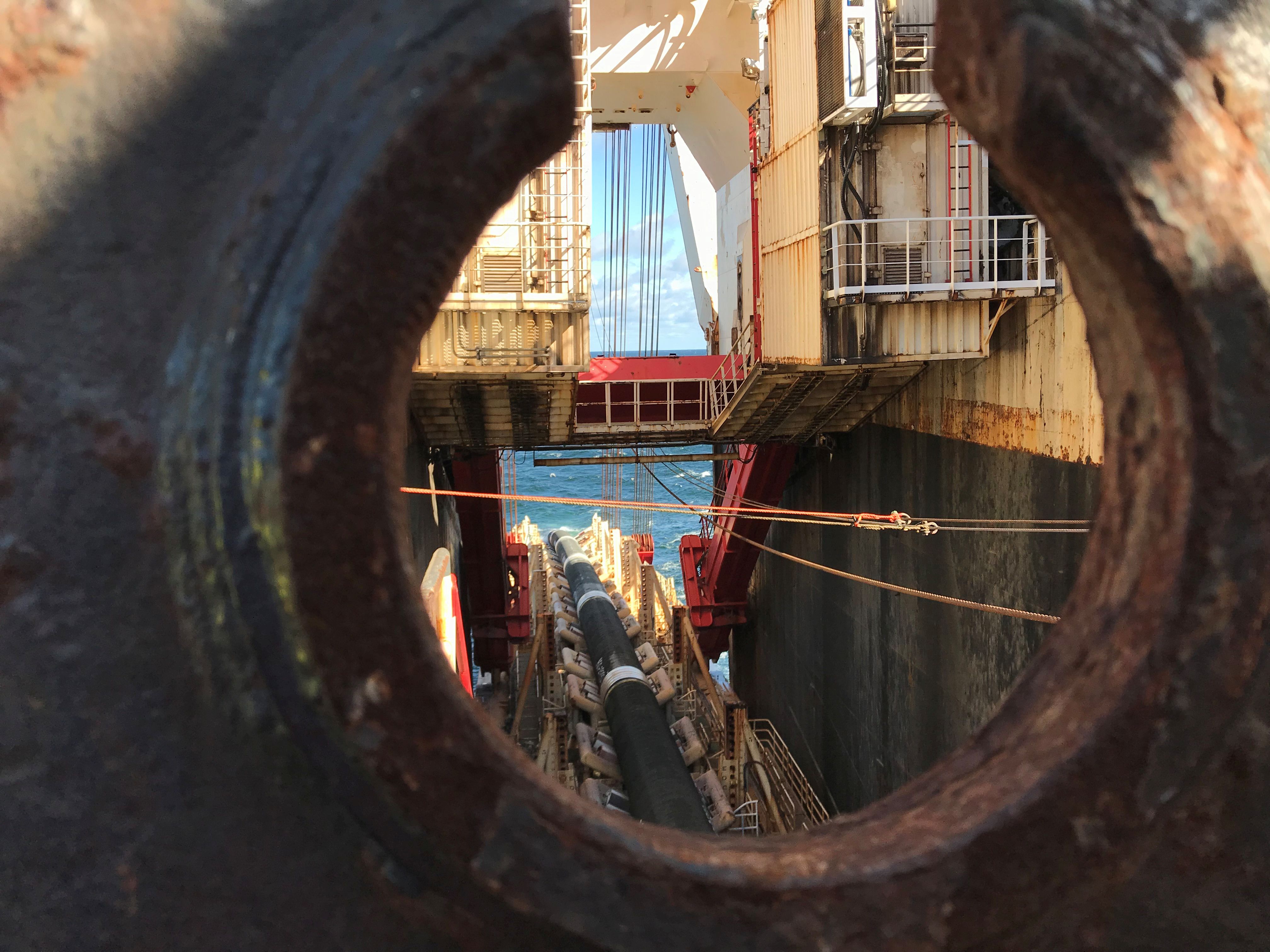German Regulator Denies Derogation for Nord Stream 2

What did BNetzA decide?
BNetzA informed on 15 May that it rejected NS2AG’s application for the derogation (exceptions from some of the directive’s rules) for NS2, which was filed on 10 January. According to the directive, only pipelines completed before 23 May are eligible for the derogation.
The BNetzA decision reflects the spirit and letter of the Gas Directive. The regulator rejected NS2AG’s arguments that the definition of “completion” should be broadly interpreted to include the timing of investment decisions. Following the Russian company’s argument, a pipeline that hasn’t been physically constructed could have been deemed “completed” when the investment commitments were finalised. According to BNetzA, 10 EU Member States that took part in the consultations did not share NS2AG’s viewpoint.
The BNetzA decision can be appealed to the court and NS2AG has one month to do so.
What does this mean forNS2 and Gazprom?
The decision has no impact on NS2’s construction but the application of the Gas Directive in its fullest extent poses a serious challenge to Gazprom’s management of the pipeline. Instead, an independent operator will be required to manage it and access to the NS2 for exporters other than Gazprom should be granted as well, otherwise, the European Commission might ask the Court of Justice of the EU (CJEU) to limit Gazprom’s access to NS2’s total capacity. According to Russian law, Gazprom has a monopoly on gas exports via pipeline. The company is concerned that its competitors might take advantage of this situation and lobby for changes in the Russian legislation.
What are the Russians’ next steps?
NS2AG stated it does not agree with the decision and will try to challenge it in court. Instead of derogation, the company is eligible to seek an “exemption” from some of the directive's rules, which is allowed for pipelines constructed before 23 May, but it would be very difficult for NS2AG to obtain. Therefore, beside the legal action against the BNetzA decision, NS2AG is bracing for the Gas Directive’s application to the pipeline.
The Russian authorities will not be pleased to see the end of Gazprom’s monopoly, since this would be perceived by the Russian elites as a political concession to EU pressure. Together with Gazprom, they might test the reaction by BNetzA and European Commission by applying the Gas Directive only to the German part of NS2. By retaining control over the entry point (in Russia), Gazprom could limit the access of its competitors to the pipeline while seemingly abiding by EU law. If that fails, it is possible the company will try to implement other solutions to retain its monopoly.
What does the German regulator’s decision mean for Poland?
The BNetzA interpretation of the Gas Directive reflects Poland’s expectations. The decision is significant, but, even if not challenged in court, is only the beginning of adhering NS2 to EU law. It is important for Poland and other countries to closely follow this process and to legally challenge possible irregularities. Important upcoming issues will be the certification of the NS2 operator (which means confirming its independence) by BNetzA, in cooperation with the EC, or ensuring real access to the pipeline by other exporters.


